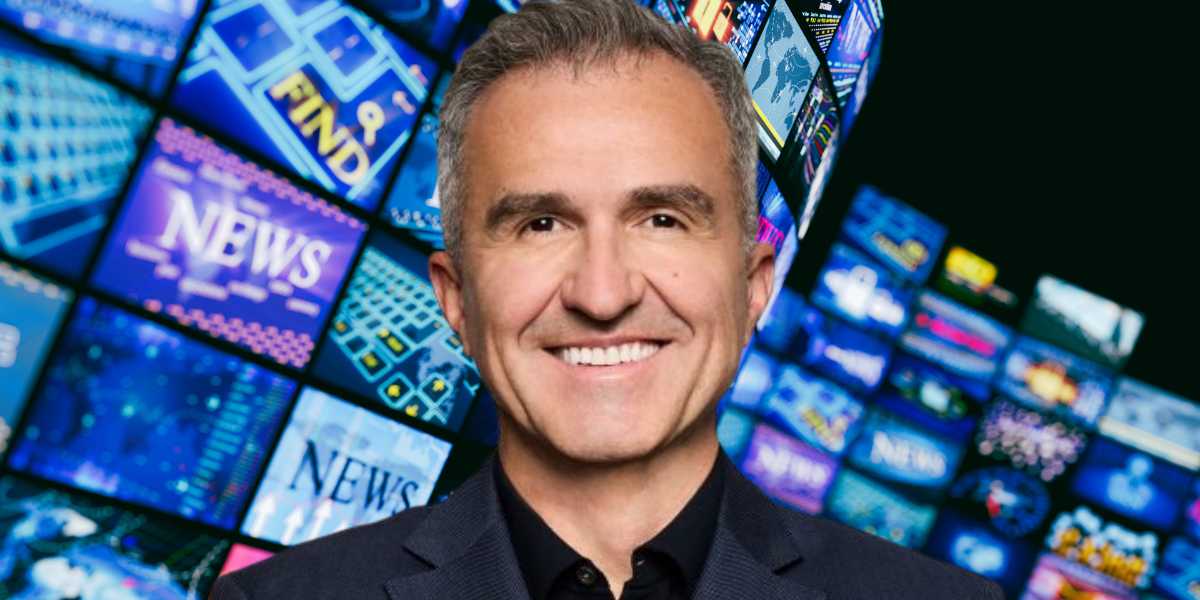
The CEO of ABC announced the cancellation of the long-running talk show “The View”, labeling it as the “worst television show in history.” This bold proclamation not only ends a cultural mainstay but also ignites a fiery debate about the boundaries of television content, media ethics, and public taste.
For over two decades, The View has been a cornerstone of daytime programming, offering a mix of current events, celebrity interviews, and spirited debates. Its diverse panel of co-hosts, from seasoned journalists to outspoken celebrities, became the show’s hallmark. Yet, what was once celebrated for its variety of perspectives and candid discussions has increasingly been criticized for devolving into a battleground of personal attacks and political grandstanding.
ABC’s decision, though abrupt, wasn’t entirely without warning. In recent years, The View has faced a barrage of public controversies, ranging from on-air clashes between co-hosts to viewer backlash over polarizing topics. While the show’s defenders argue that its candid nature reflects the times, critics—including, it seems, ABC’s top executive—believe it has lost its way.
In the CEO’s statement, he minced no words: “We’ve tried to give The View every opportunity to evolve. But instead of becoming a platform for thoughtful dialogue, it has descended into what can only be described as a shouting match. It’s the antithesis of productive television, and as such, we can no longer support its continuation.” These scathing remarks paint a damning picture of a show that once commanded respect but now finds itself without a home.
The announcement has not only polarized fans but also triggered a wave of reactions from within the entertainment industry. Some former co-hosts have come forward to defend the show, claiming that its open debates were its strength. Others, however, have shared their frustrations, hinting at behind-the-scenes drama and toxic workplace dynamics that may have contributed to its downfall.
This decision is not without its risks for ABC. Canceling a high-profile show like The View leaves a noticeable void in its programming lineup, and the network will now face the challenge of finding a replacement capable of attracting similarly strong ratings. However, the CEO appears ready to bet on a clean slate rather than continue with a product he views as irredeemably flawed.
The fallout from this cancellation also raises larger questions about the role of media in shaping public discourse. Has the hunger for controversy overpowered the need for substance? Critics of The View argue that it mirrors a broader cultural trend where sensationalism trumps sincerity and conflict overshadows connection. Meanwhile, others worry that its cancellation might set a dangerous precedent for silencing provocative voices.
As fans and detractors continue to debate the legacy of The View, one thing is clear: this move by ABC signals a turning point not just for the network but for the television industry as a whole. In an era where streaming platforms dominate and traditional TV struggles to maintain relevance, networks must now grapple with the delicate balance of delivering compelling content while avoiding the pitfalls of divisive programming.
The demise of The View is not just the end of a show—it’s the end of an era. Love it or hate it, The View had an undeniable impact on pop culture, providing a space where politics, entertainment, and everyday life intersected in unpredictable ways. Whether this bold decision will be celebrated as a necessary course correction or condemned as an overreaction remains to be seen. For now, audiences are left to wonder: what will take its place, and will it succeed where The View faltered?











